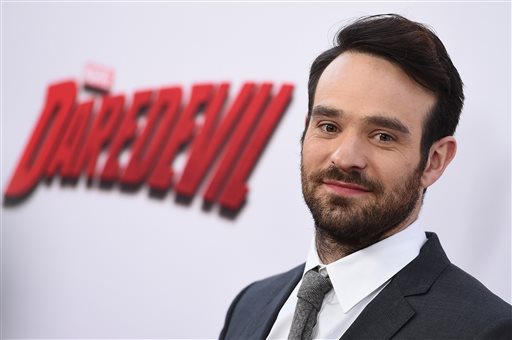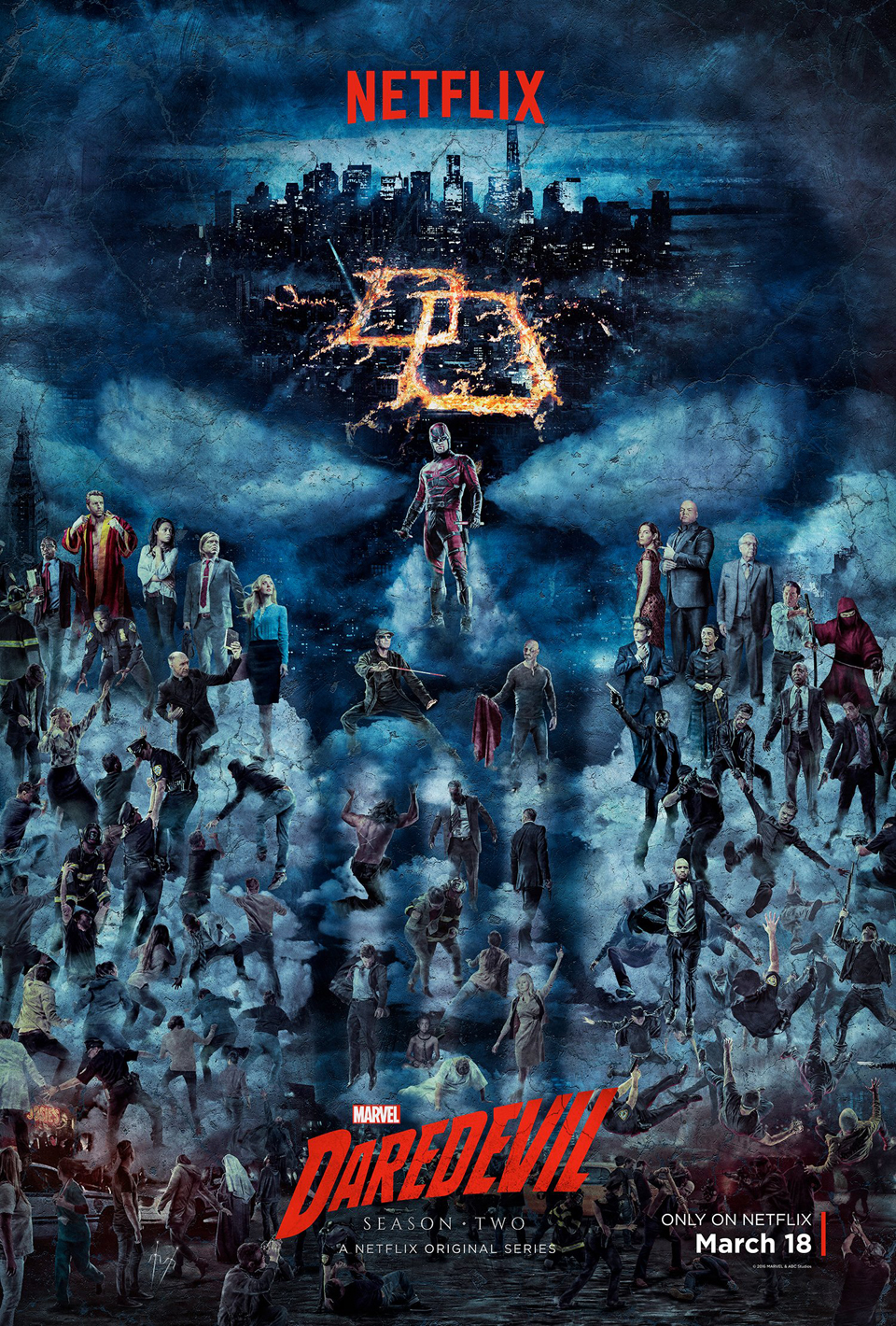
By: Sean Ray | Asst. A&E Editor
Marvel’s Daredevil is the latest superhero series to hit the air waves, having come out this past week on Netflix. While I have not yet finished the series, I can report that everything I have seen so far is excellent and the show is a must see for superhero fans, action movie fans or just people who enjoy good television in general.
The series also marks the first in a lineup of Netflix shows Marvel has planned, the others being Jessica Jones, Luke Cage and Iron Fist, all of which are going to lead up to a cross-over between the four called Defenders. Yes, it seems that Marvel is pulling its Avengers plan of making a bunch of individual works that lead up to one big cross over, which makes Daredevil the television equivalent of Iron Man.
However, all of this begs one question … when are too many superheroes too many? The Marvel Cinematic Universe (MCU), currently has 10 films in its series, with an astonishing 12 more films planned out all the way to the year 2019. DC comics, Marvel’s main competitor, also has a cinematic universe planned out, which started with 2013’s Man of Steel starring Superman, but already has 11 films planned out through 2020.

Even in the realm of television, there is an abundance of comic book-related shows. Agents of S.H.I.E.L.D., Agent Carter, Arrow, Constantine, Gotham and The Flash have already landed on the air waves, not to mention numerous animated features as well. Surely at some point a critical mass will be reached and people will get sick of superheroes, right?
Well, that might not actually be as true as one might think. Fun fact: Superheroes were not originally the unchallenged, most popular genre in comic books. Before the year 1954, there were many non-superhero genres covering the shelves of comic fans. Horror stories such as Tales from the Crypt and The Vault of Horror or science-fiction stories like Weird Science-Fantasy. In fact, the Aug. 22, 1949 issue of Time reported that romance comics were “Outselling all others, even the blood and thunder variety.”
So, what happened to give superheroes complete domination of the comic industry? Censorship. In 1954, the Comics Code Authority was created, an organization that approved or denied which comics could be sold based on a strict set of morals … a set which superhero comics were perfectly able to adhere to, with their morally upright main characters and lack of serious violence, at least not in the ‘50s.
However, the Comics Code Authority was largely abandoned by comic companies in the early 2000s and is defunct as of 2011. Yet these other genres of comics have not made any major kind of resurgence. Sure, horror, science-fiction and romance comics exist now, but they enjoy nowhere near the same popularity of superhero comics. Out of the top 10 selling comic book issues for the month of March, more than half are super hero comics, with the non-superhero comics all being Star Wars comics, according to comichron.com, a website which tracks comic book sales.
Why is this? Simply put it’s because super hero comics are able to be multiple genres. While horror comics may have disappeared, there are many super heroes built around the theme of horror. Ghost Rider does regular battle with demons, Blade fights legions of vampires and that’s just the tip of the iceberg. Where would Spider-Man be without his romantic flings with Gwen Stacey and Mary Jane? How could Superman possibly be the same character without his science fiction back story and alien villains he fought so often?
It is only a possibility, but there may be a chance that superheroes will take control of television and film almost completely in the coming years. Whether or not this is good news is going to vary person by person, but there is no doubt super heroes have already made major impacts on the pop culture world. After all, the MCU is the second highest grossing movie series of all time, second only to Harry Potter, and with more films on the way.



